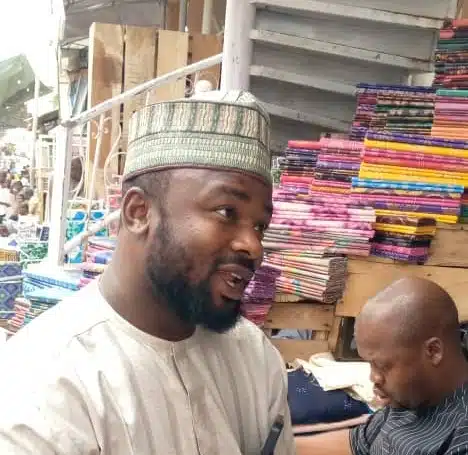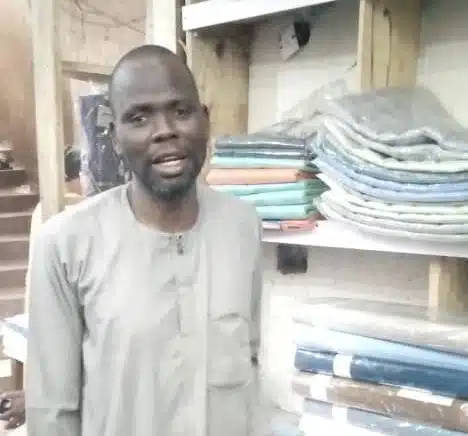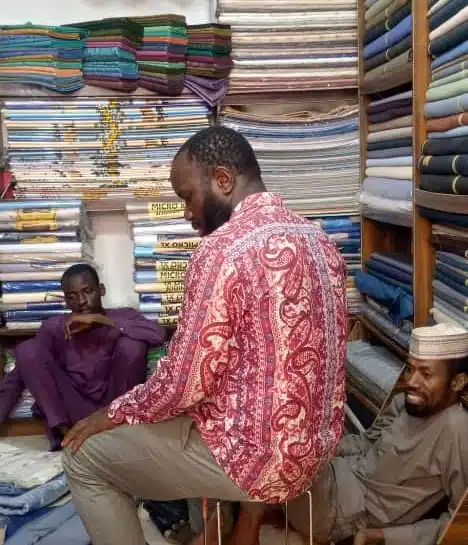The atmosphere in the popular Kwari Market Kano is a bit like that of a mourning period, as marketers look idle and helpless, customers deserted streets, and almost everywhere is empty.
The situation in Kwari Market, the largest textile market in Africa, is the first time in recent history to witness this level of low patronage, especially during festive periods like Ramadan and Sallah.
According to marketers interviewed by Daily News 24, even during the global Corona virus pandemic and the recent cashless policy implemented last year by the Federal Government, Kwari Market has never been brought to its knees like this before.
Also Read: EXCLUSIVE: Atiku’s meeting with Kwankwaso perfect timing — Analyst
Most of the traders are associating the predicament with the high cost of living and many other economic turmoil the country is facing, as well as some of the new reforms the Bola Tinubu administration is taking.
While assessing the situation in the market, Daily News 24 learned through one of the identified marketers, Abubakar, that “we’re facing a big challenge that we have never seen before, but this situation can be attributed to the hike in the price of foods, subsidy removal, and the rate. Most of our goods here are imported from abroad, and we use dollars, not naira, when buying them, which has also contributed to the increase in price and led to the low patronage we are currently facing.”

He added that “for us, this is a period where we made huge sales and profits throughout the year. “It is our season. But look at the situation now; the place has been deserted as if it were not Kwari Market during Ramadan.”
Another trader, Malam Badamasi, described their current predicament as a result of government policies. “It is the new policies of this government, such as the removal of the fuel subsidy, that gave birth to our current situation. If things continue like this, there is a tendency for people to start waking naked, as clothing is becoming unaffordable for them due to its price.

Badamasi added that the government should have put some cushion steps in place before embarking upon these economic reforms, “as their effect is beating us harder”.
While Usman Musa believed the real causes of this low patronage, what the clothing market is witnessing, especially in a season like this, is linked with dollar prices.
“Look at this material: before the dollar went up, it was sold for N2,000, but now it is N4000 due to the increase in the dollar. Now it’s the Ramadan period where we record sales in mass, but look around the market; people are just sleeping on their goods; nobody wants to buy their goods.”

Most of the marketers have lamented the situation while calling on the government to improve its economic policies and some of the reforms it is taking to enable the poor to breathe. The majority of marketers placed emphasis on the need to reduce the price of food items, which would enable other sectors to smile, such as the Kwari Market.


